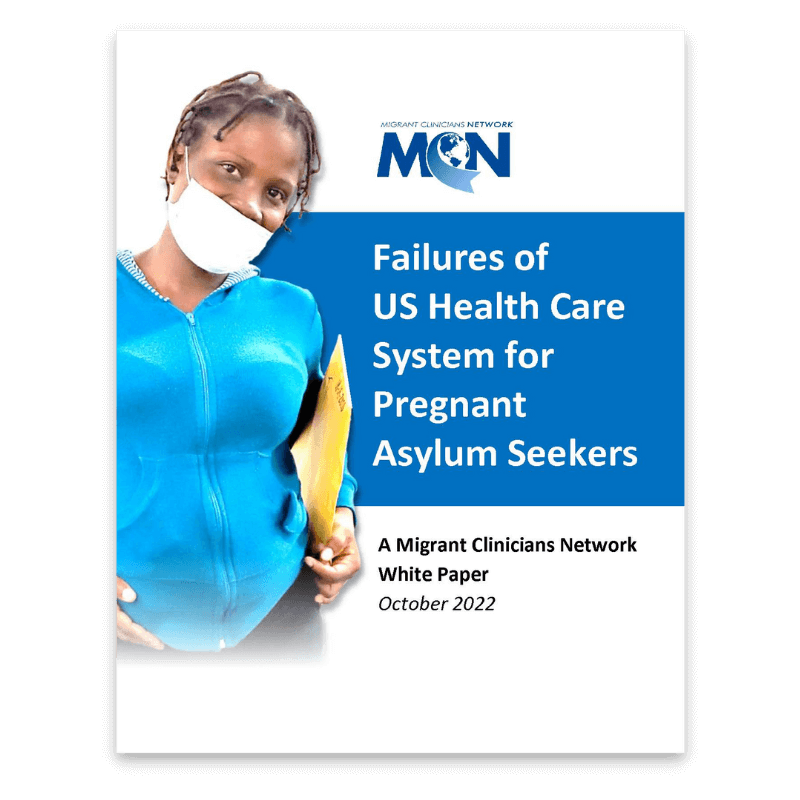The Occupational Health and Safety Resource Center is a virtual repository of Spanish educational materials, data sources, and links to bilingual informational websites on occupational health and safety issues related to agricultural work. It also contains an ample list of national and state agencies that have produced materials in Spanish for farmworkers’ health-related problems.
MCNs own Deliana Garcia helped in being a part of the advisory committee to this resource center.
What is the objective? To facilitate a central access point to high quality Spanish educational materials on agricultural occupational health and safety issues for people conducting work on health promotion and prevention activities and on workers’ rights and problems related to agricultural work.
Who are the target audiences? Health-outreach workers (promotores), community advocates, health providers, contractors/employers, farmworkers and their families, and others interested in the health and safety issues of agricultural workers.
What areas are included? The materials cover five key relevant areas: 1) Farmworkers’ rights; 2) Injury prevention; 3) Respiratory illnesses; 4) Heat illnesses; and 5) Pesticide exposure.
How did we do it? To develop the Virtual Resource Center, the process entailed:
- Asset mapping of educational, informational and research materials available in Spanish related to the five mentioned areas.
- Selection of materials using the following criteria: accurate information, culturally and linguistically adequate (including literacy level), relevant to health area, and visually acceptable quality.
- Insertion of resources into an excel format under five different categories, including source, type of material, and description of its content.
Development of new materials: to complement the existing educational resources, we developed a “Promotores Training Manual on Occupational Health and Safety of Agricultural Workers”. Based on an ethnographic framework, the manual presents the perspective of agricultural workers on the five mentioned areas (their stories) and provides community health workers with tools on how to conduct prevention and promotion activities. It also refers them to existing resources. We also produced a series of Spanish and selected indigenous languages Public Service Announcements (PSAs) on these areas.
